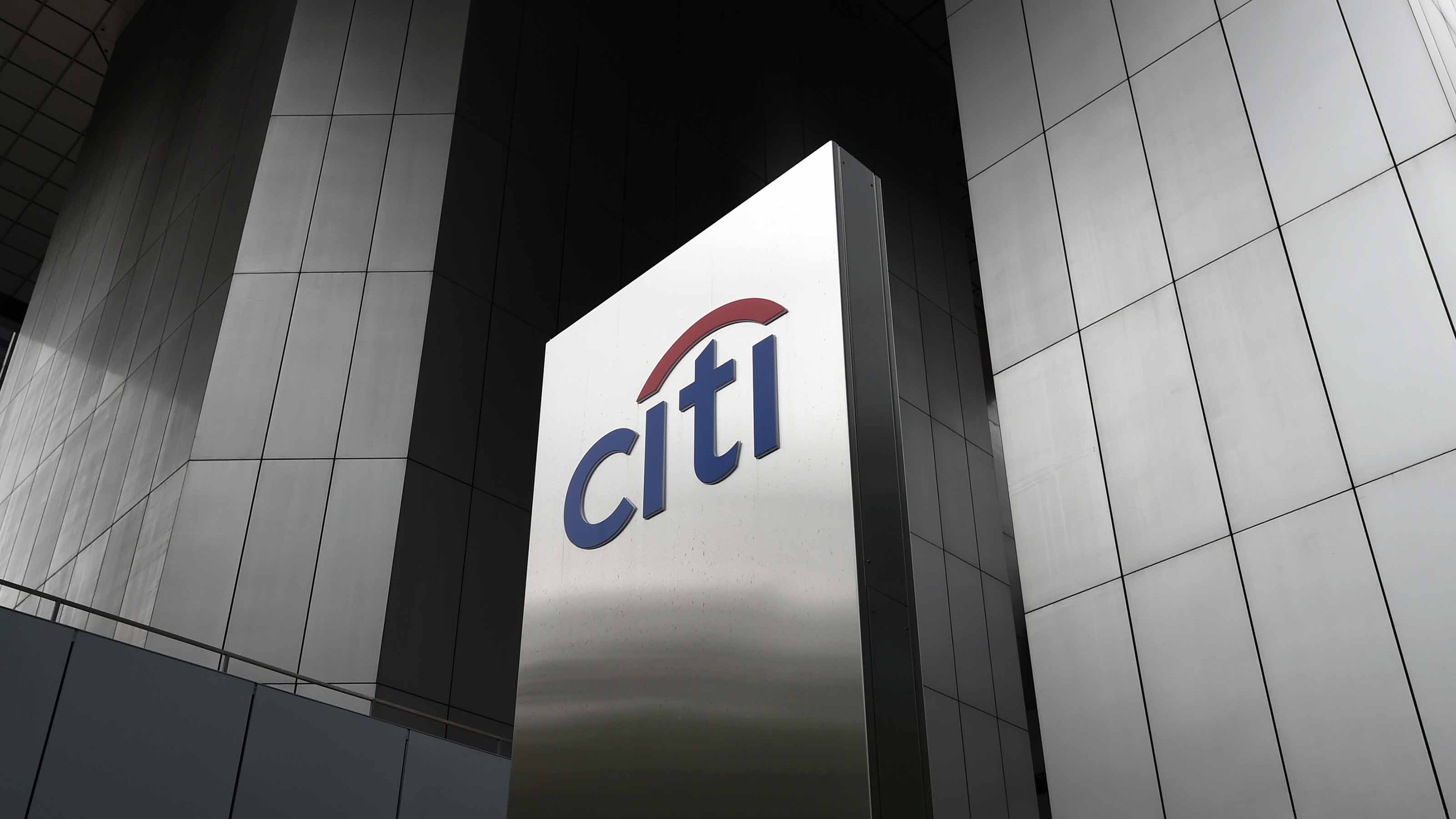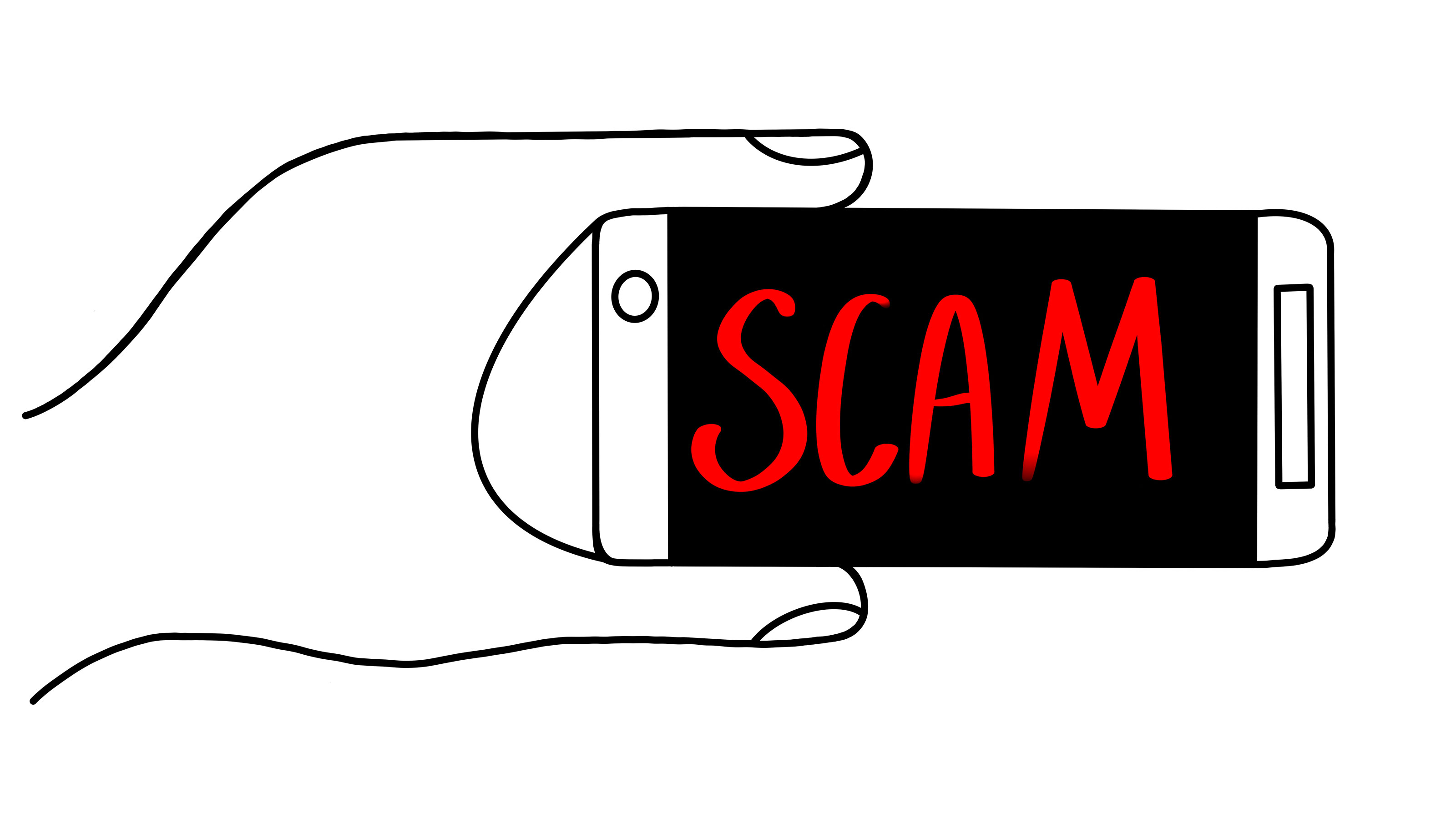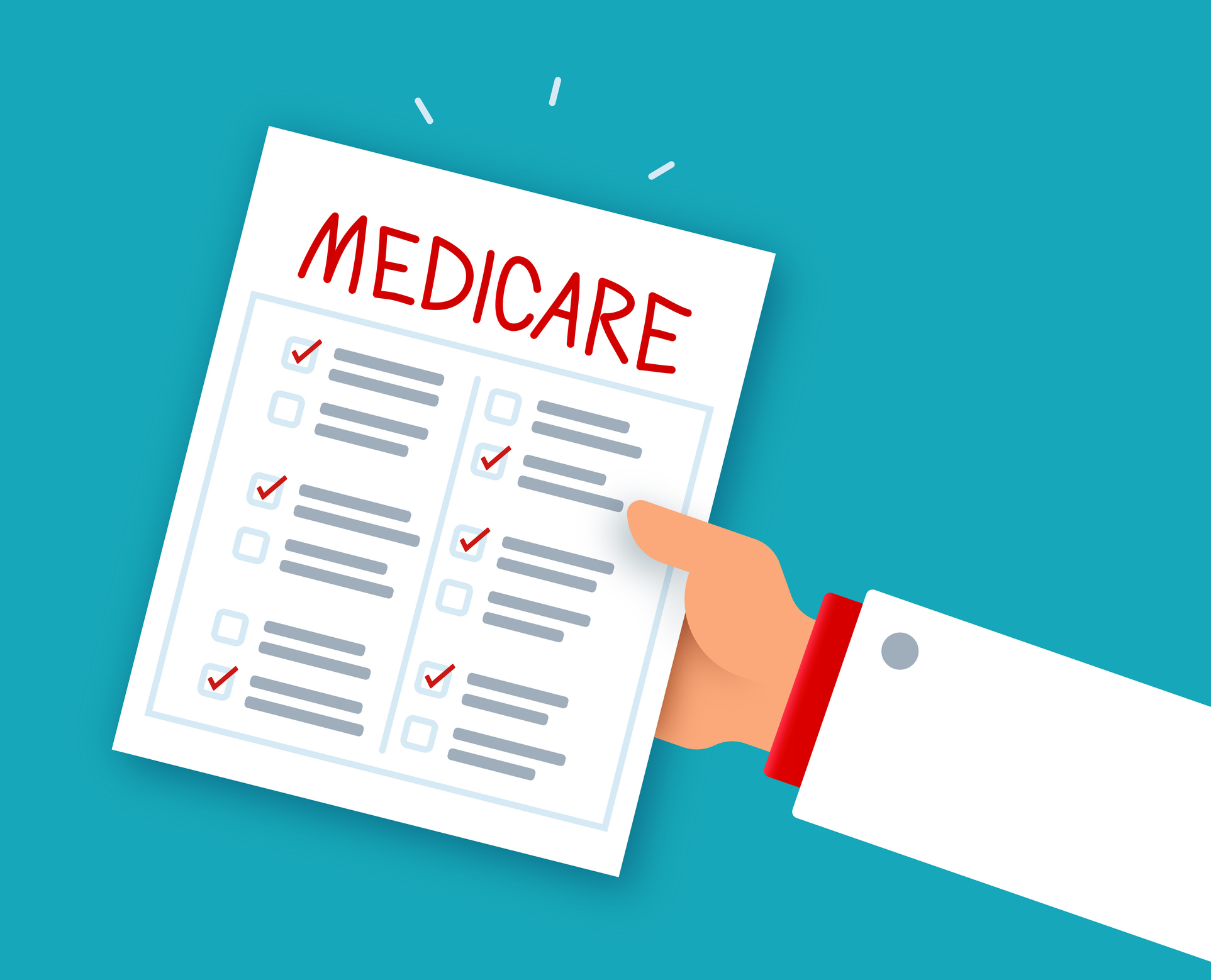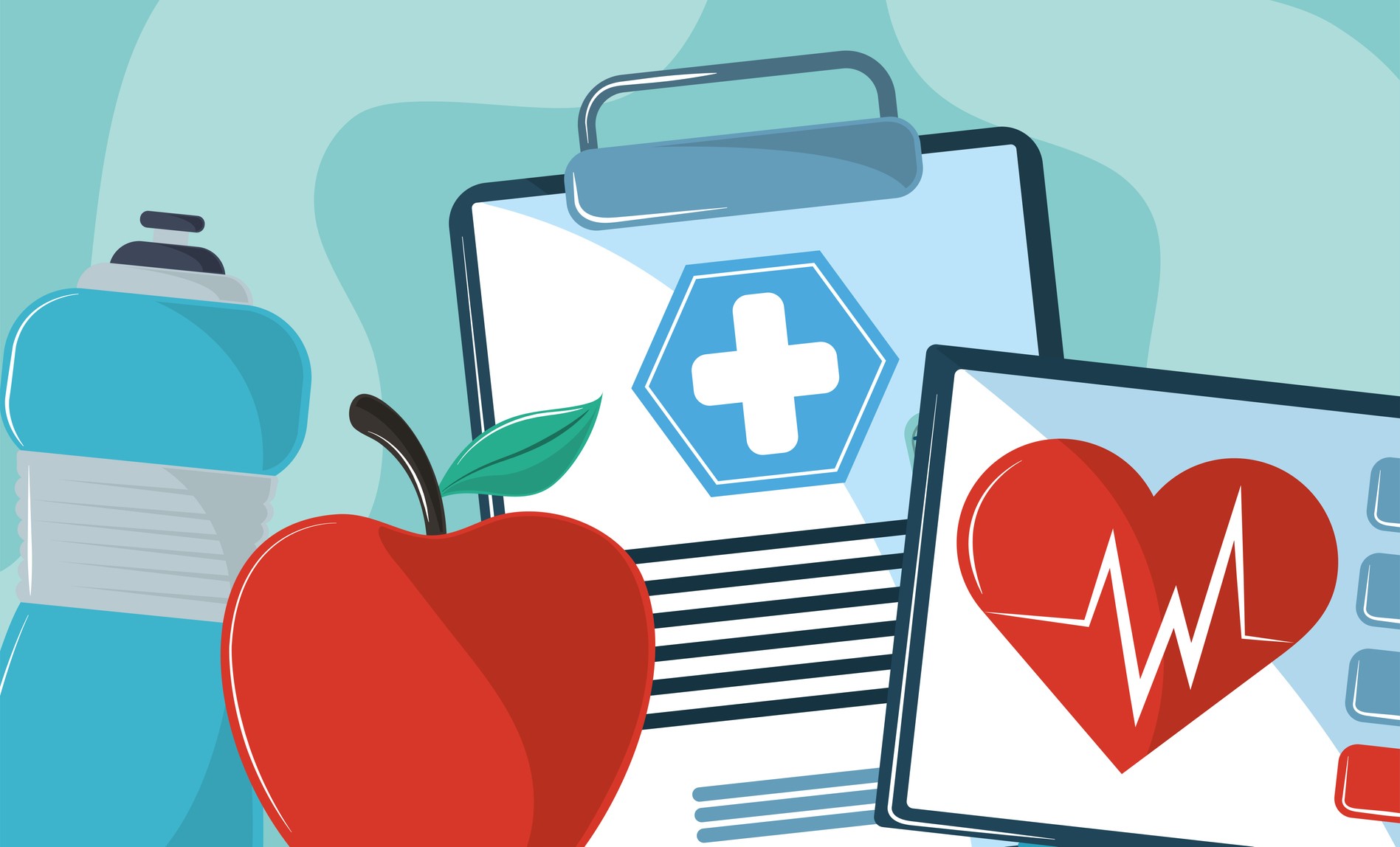Citi Begins To Put You Into 'Relationship Tiers' This Month
Citi's new structure for retail accounts resembles travel rewards programs that offer more perks as balances increase.

Esther D’Amico

Profit and prosper with the best of Kiplinger's advice on investing, taxes, retirement, personal finance and much more. Delivered daily. Enter your email in the box and click Sign Me Up.
You are now subscribed
Your newsletter sign-up was successful
Want to add more newsletters?

Delivered daily
Kiplinger Today
Profit and prosper with the best of Kiplinger's advice on investing, taxes, retirement, personal finance and much more delivered daily. Smart money moves start here.

Sent five days a week
Kiplinger A Step Ahead
Get practical help to make better financial decisions in your everyday life, from spending to savings on top deals.

Delivered daily
Kiplinger Closing Bell
Get today's biggest financial and investing headlines delivered to your inbox every day the U.S. stock market is open.

Sent twice a week
Kiplinger Adviser Intel
Financial pros across the country share best practices and fresh tactics to preserve and grow your wealth.

Delivered weekly
Kiplinger Tax Tips
Trim your federal and state tax bills with practical tax-planning and tax-cutting strategies.

Sent twice a week
Kiplinger Retirement Tips
Your twice-a-week guide to planning and enjoying a financially secure and richly rewarding retirement

Sent bimonthly.
Kiplinger Adviser Angle
Insights for advisers, wealth managers and other financial professionals.

Sent twice a week
Kiplinger Investing Weekly
Your twice-a-week roundup of promising stocks, funds, companies and industries you should consider, ones you should avoid, and why.

Sent weekly for six weeks
Kiplinger Invest for Retirement
Your step-by-step six-part series on how to invest for retirement, from devising a successful strategy to exactly which investments to choose.
Citi plans to implement its previously announced "relationship tiers" program in stages beginning this month for existing U.S. retail banking customers, a bank spokesperson tells Kiplinger.
The bank announced plans last year to start retiring U.S. retail bank account packages in favor of the tiers, which are similar to travel rewards programs offering more perks as balances increase, as Kiplinger previously reported.
The program went into effect last August for all new customers and existing customers were given the option to convert to the new program at that time as well, the spokesperson said. About 200,000 existing customers have taken advantage of the program so far, he said. Remaining customers will be converted over to the relationship tiers throughout 2024, he added.
From just $107.88 $24.99 for Kiplinger Personal Finance
Become a smarter, better informed investor. Subscribe from just $107.88 $24.99, plus get up to 4 Special Issues

Sign up for Kiplinger’s Free Newsletters
Profit and prosper with the best of expert advice on investing, taxes, retirement, personal finance and more - straight to your e-mail.
Profit and prosper with the best of expert advice - straight to your e-mail.
The announcement last August came after bank failures in early 2023 left many Americans unnerved and wondering whether their their bank deposits are safe, with some weighing their options for banks and credit unions. Citi, like a number of other banks, has offered fee breaks and other perks to customers who keep high balances in deposit and investment accounts.
The tiers provide services such as waived monthly service fees on checking and savings accounts, waived Citi fees at non-Citi ATMs, and professional financial planning services, Citi said in its August announcement.
“Similar to an airline or hotel rewards program, as a customer’s combined average monthly balance grows, clients may unlock relationship tiers, allowing access to more benefits and services from Citi Priority, Citigold or Citigold Private Client,” the bank said.
Combined balances to be tracked
“These latest changes are designed to create a more seamless experience for our customers and make it easier for them to get personalized advice and access their finances,” said Craig Vallorano, head of Retail Banking.
Under the program, the bank will track a customer’s combined average monthly balance and assign a relationship tier, automatically linking eligible deposit and investment accounts.
Customers who are not in a relationship tier can avoid paying monthly service fees by making monthly direct deposits of $250 or more in their checking accounts, having an average monthly balance of $500 or more in their savings accounts, or by having both a checking and savings account with Citi.
For families, Citi is offering customers enrolled in its Family Linking program the ability to move to a higher relationship tier by combining average monthly balances with those of eligible family members who live with them in the same household.
Citi said it began to eliminate certain retail consumer banking fees in 2022, including overdraft fees, returned item fees and overdraft protection fees. It also said that it planned to remove additional retail banking fees in the coming months.
Related Content
Profit and prosper with the best of Kiplinger's advice on investing, taxes, retirement, personal finance and much more. Delivered daily. Enter your email in the box and click Sign Me Up.

Joey Solitro is a freelance financial journalist at Kiplinger with more than a decade of experience. A longtime equity analyst, Joey has covered a range of industries for media outlets including The Motley Fool, Seeking Alpha, Market Realist, and TipRanks. Joey holds a bachelor's degree in business administration.
- Esther D’AmicoSenior News Editor
-
 The Cost of Leaving Your Money in a Low-Rate Account
The Cost of Leaving Your Money in a Low-Rate AccountWhy parking your cash in low-yield accounts could be costing you, and smarter alternatives that preserve liquidity while boosting returns.
-
 I want to sell our beach house to retire now, but my wife wants to keep it.
I want to sell our beach house to retire now, but my wife wants to keep it.I want to sell the $610K vacation home and retire now, but my wife envisions a beach retirement in 8 years. We asked financial advisers to weigh in.
-
 How to Add a Pet Trust to Your Estate Plan
How to Add a Pet Trust to Your Estate PlanAdding a pet trust to your estate plan can ensure your pets are properly looked after when you're no longer able to care for them. This is how to go about it.
-
 Medicare Upgrades Could Disqualify Your Private Plan
Medicare Upgrades Could Disqualify Your Private PlanIf you're delayed taking Medicare because you have employer coverage, changes ahead may disqualify your plan.
-
 Medicare, ACA Call Center Workers To Hold Another Protest: What To Know
Medicare, ACA Call Center Workers To Hold Another Protest: What To KnowMedicare and Obamacare call center employees plan another protest, this time in Washington, DC on December 12.
-
 How to Avoid Medicare Open Enrollment Scams
How to Avoid Medicare Open Enrollment ScamsScammers are jumping on the Medicare open enrollment bandwagon along with fraudsters sending bogus bills for COVID-19 tests. Here’s how to avoid them all.
-
 Hospitals Say Increased Medicare Reimbursement Is Not Enough: Kiplinger Economic Forecasts
Hospitals Say Increased Medicare Reimbursement Is Not Enough: Kiplinger Economic ForecastsEconomic Forecasts Medicare will bump up hospital reimbursements by 3.1% in 2024, but the industry says it's not enough as it comes off its worst financial year of the pandemic.
-
 Will Weight-Loss Drugs Spike Medicare Costs?: The Kiplinger Letter
Will Weight-Loss Drugs Spike Medicare Costs?: The Kiplinger LetterEconomic Forecasts Lawmakers are trying to get weight-loss drugs like Wegovy covered by Medicare. Long-term savings are possible, but it could cost the program $27 billion.
-
 More Weight-Loss Drugs, Like Ozempic, are in the Works: Kiplinger Economic Forecasts
More Weight-Loss Drugs, Like Ozempic, are in the Works: Kiplinger Economic ForecastsEconomic Forecasts Pharmaceutical companies are developing more weight-loss drugs similar to Ozempic, but these injectables are still expensive.
-
 Best Banks for High-Net-Worth Clients
Best Banks for High-Net-Worth Clientswealth management These banks welcome customers who keep high balances in deposit and investment accounts, showering them with fee breaks and access to financial-planning services.
-
 What You Need to Know About the Shadow Banking System Now
What You Need to Know About the Shadow Banking System Nowbanking There's a chance that you may have a loan with a "shadow bank" and not even know it. What exactly are shadow banks, and what risks and rewards do they represent?